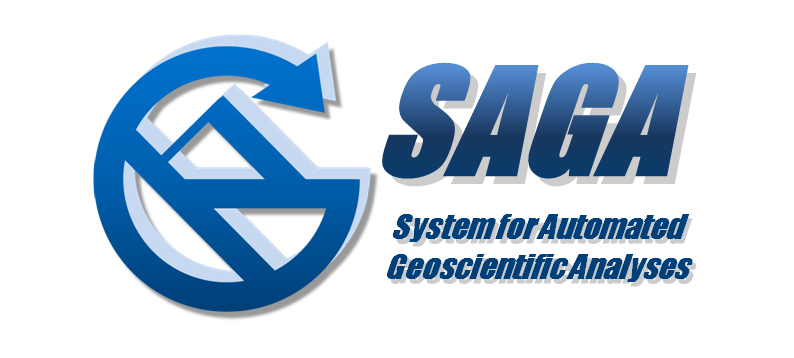Difference between revisions of "Georeferencing Raster Imagery in SAGA GIS"
| Line 1: | Line 1: | ||
==Introduction== |
==Introduction== |
||
===Georeferencing=== |
===Georeferencing=== |
||
| + | Raster data such as aerial photographs, toposheets, and print maps normally do not contain any spatial reference information. Other times, the image does not properly align with other data, and requires transformation in order to be used in conjunction with existing data. '''Georeferencing''' rasters is a means of accomplishing both courses of action, and is a common and important task in the field of geospatial analysis (especially when working with historical imagery or maps). ESRI defines Georeferencing as: |
||
| + | <blockquote>Aligning geographic data to a known coordinate system so it can be viewed, queried, and analyzed with other geographic data. Georeferencing may involve shifting, rotating, scaling, skewing, and in some cases warping, rubber sheeting, or orthorectifying the data.</blockquote> |
||
| + | This tutorial contains an introduction to the process of georeferencing imagery in the SAGA GIS software, as well as information on the fundamentals of the georeferencing process. |
||
| + | |||
===SAGA GIS=== |
===SAGA GIS=== |
||
[[File:SAGAGIS.png]] |
[[File:SAGAGIS.png]] |
||
Revision as of 03:35, 20 December 2017
Contents
Introduction
Georeferencing
Raster data such as aerial photographs, toposheets, and print maps normally do not contain any spatial reference information. Other times, the image does not properly align with other data, and requires transformation in order to be used in conjunction with existing data. Georeferencing rasters is a means of accomplishing both courses of action, and is a common and important task in the field of geospatial analysis (especially when working with historical imagery or maps). ESRI defines Georeferencing as:
Aligning geographic data to a known coordinate system so it can be viewed, queried, and analyzed with other geographic data. Georeferencing may involve shifting, rotating, scaling, skewing, and in some cases warping, rubber sheeting, or orthorectifying the data.
This tutorial contains an introduction to the process of georeferencing imagery in the SAGA GIS software, as well as information on the fundamentals of the georeferencing process.
SAGA GIS
For the following tutorial, System for Automated Geoscientific Analyses, or SAGA GIS software will be used. SAGA GIS is a free, open-source geographic information system program, originally developed by a team from the Department of Physical Geography in the University of Gottingen, Germany. It is available for Windows, Linux, and FreeBSD operating systems. When the SAGA GIS team began development in 2001, the purpose of the software was aligned with the needs of the development team, such as the analysis of raster imagery, with a focus on digital elevation models (DEM). Over the years, however, the software has broadened in scope, as it has seen many feature contributions from it's world-wide user community (http://saga-gis.sourceforge.net/en/).
Documentation for the SAGA GIS tool library can be found in the SAGA-GIS Tool Library Documentation
Installation Instructions
The latest version of SAGA GIS can be downloaded on the SAGA GIS Sourceforge page. At the time of writing, the latest version of SAGA GIS is 6.1.0.
